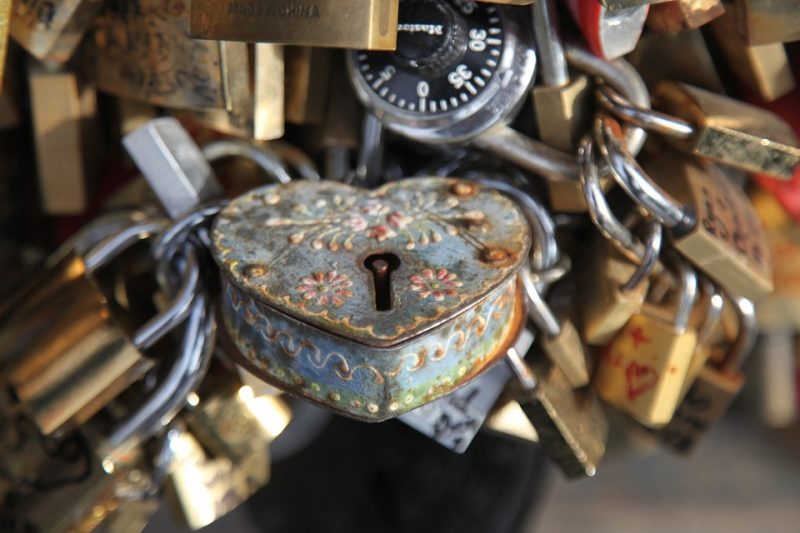Avoiding Locksmith Scams.
Contents [hide]
4 tips to finding an honest locksmith
Although most locksmiths are honest and above board, there will always be people who will figure out an easy way to make a dishonest dollar. Locksmithing scams target people when they are in a desperate need. You have locked yourself out of your home or car and you need to get back into it. Preying on that vulnerability can make a dishonest person easy money with little effort.
These scams usually take the form of offering an over-the-phone quote that seems cheap and reasonable. Once the scammer is at the vehicle or home, they will either claim the lock is harder to open than they originally thought or, in the case of your house, that you need a new, high-priced lock to keep you secure.
The scammers then use a combination of bullying tactics and outright lies to get more money from you. In many instances this will be four to five times the price quoted. When it is an emergency, these scams can be hard to avoid and harder to refuse.
1. Check out your locksmith
Make sure the locksmith you called is truly local. Get an address and verify the business is physically there. Using Google Maps or a mapping app in a pinch won’t work, as scammers have figured out that creating a fake company is important to their crime.
Talking to local people or driving by their shop before you ever need them will give you an idea if that ad in the phone book or website is real.
2. Ask to see identification
By looking at their ID, you know who the person is. Creating false identification documents is a lot more difficult than running the scam, so you have very good odds of seeing the person’s correct name and address. Scammers don’t like being exposed and having their personal information can prevent a scam from taking place.
When the locksmith pulls up, check to see if they have the name of their business on the side of their van or truck. If the scammers are being run from a remote location, there may be multiple “companies” pulling the scam locally.
3. Ask for an estimate
Offering the customer, a low price and then raising it once they get to a job site is an old scam. Bait-and-switch works with locksmith scams because the person is stuck outside of their house or their car and need to get in. If the quoted price seems too low, it probably is. Find out what most locksmiths charge for emergency services in your area ahead of time. It makes it easier to tell if you are being scammed.
When asked about their practices, Locksmiths Melbourne pointed out: “we bring a mobile locksmith shop to you. There are overhead fees, so it’s not affordable for us to make a run for $20.”
4. Ask about additional charges
By the same token, ask the locksmith if there are additional charges for mileage, emergency service after hours or if they have a minimum service charge. If you ask up front, bonafide locksmiths will tell you the truth while most scammers will get off the phone. If a locksmith refuses to answer, hang up and try a different one.
Reputable locksmiths should know what repairs are going to cost. They do this for a living and that information is available to them.
If the locksmith tries to charge you more than you were quoted and refuses to give you your keys or allow you into your home, call the police. The scams work by bullying the customer, not by getting the police involved.




